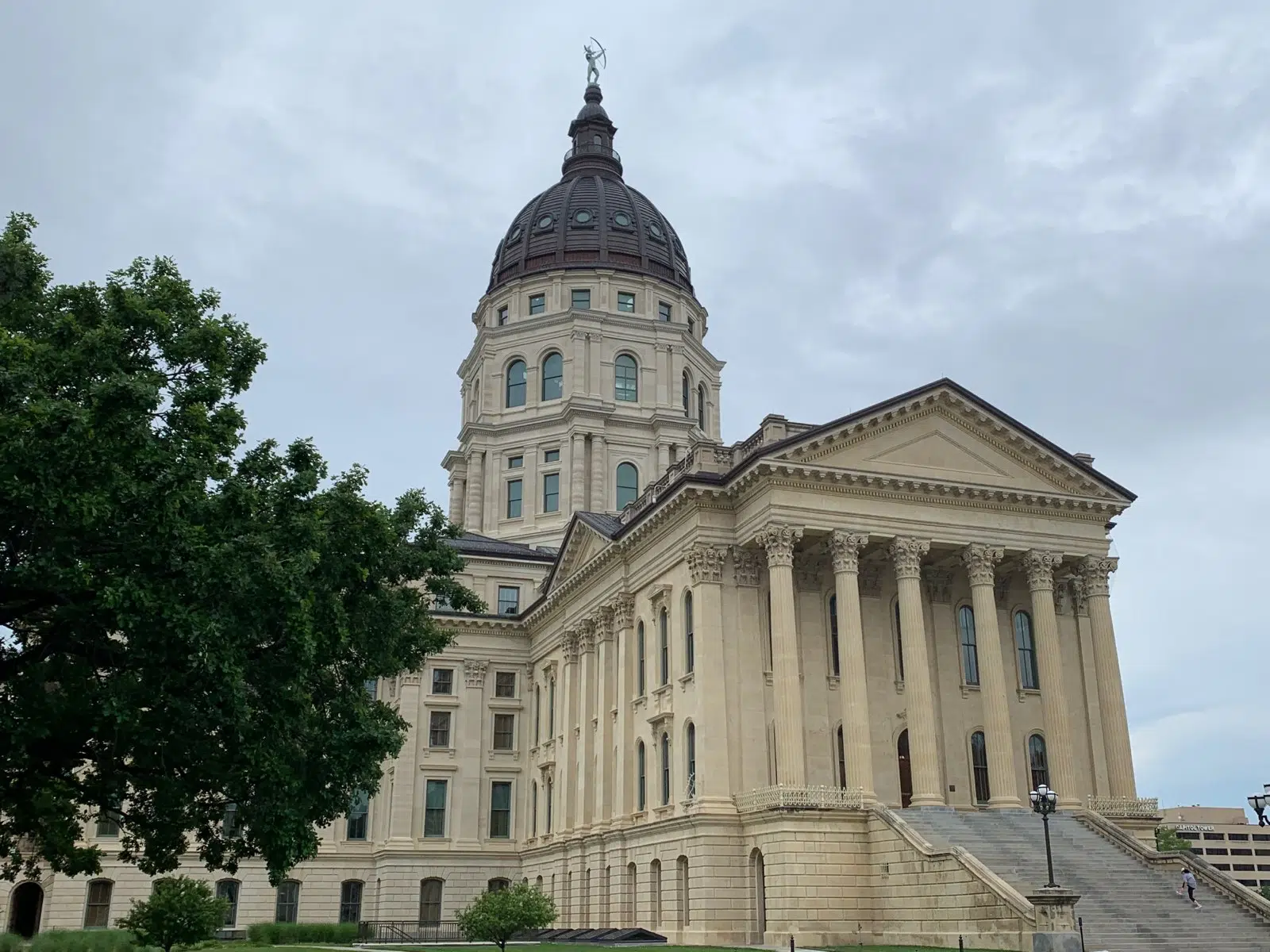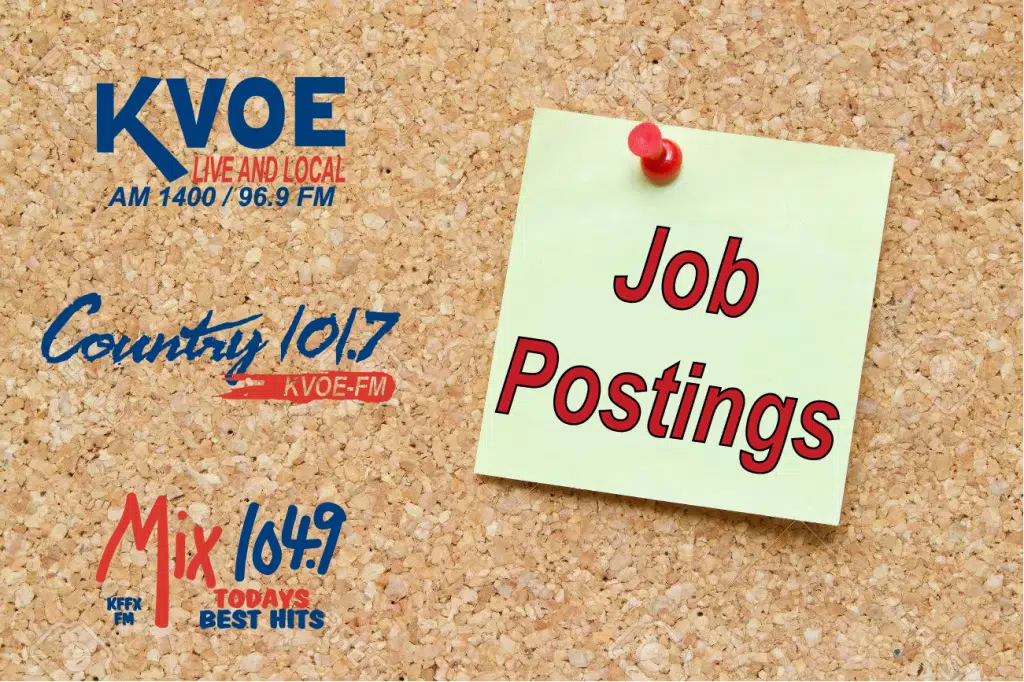It seems the only thing surprising about the recent hearings on Medicaid expansion for local lawmakers was the fact they took place at all.
Leading up to this year’s session, local lawmakers stated on multiple occasions they did not expect much if any discussion or action on the topic which has been championed by Kansas Governor Laura Kelly throughout her time in office. Following the recent hearings there appeared to be some movement on the topic, however, that has all but come to a complete stop after the House Health and Human Services Committee voted along party lines, 12-5, to table further discussion on House Bill 2556, which would have added between 40,000 and 50,000 people to the state’s Medicaid system.
60th District Representative Mark Schreiber of Emporia says it’s a disappointing, but far from shocking, result.
17th District Senator Jeff Longbine of Emporia feels the hearings were more about “political gain” than actual policy.
While momentum on the matter may have been slowed considerably Thursday, the topic is not completely out of the picture for the session as lawmakers could still reassign the matter to other committees or even motion to bring the bill to the floor for debate and a vote. Both Schreiber and Longbine agree there is little to no chance either of those options will be exercised.
If by some miracle the matter did manage to make it to the floor for debate and a vote, Longbine says there is not enough support for it to pass.
Schreiber agreed with Longbine saying he believes the votes simply aren’t there to bring the matter up for debate. That being said, Schreiber tells KVOE News he believes a full debate is necessary.
Kansas Governor Laura Kelly has strongly supported expanding Medicaid and called the decision disappointing. She has said expansion will help people who don’t otherwise qualify for insurance, benefit close to 60 rural hospitals listed as at risk for closure and bring in around $700 million in annual federal funds. Critics have said expansion won’t actually affect people in need and the federal government could end its funding support at any time.





















